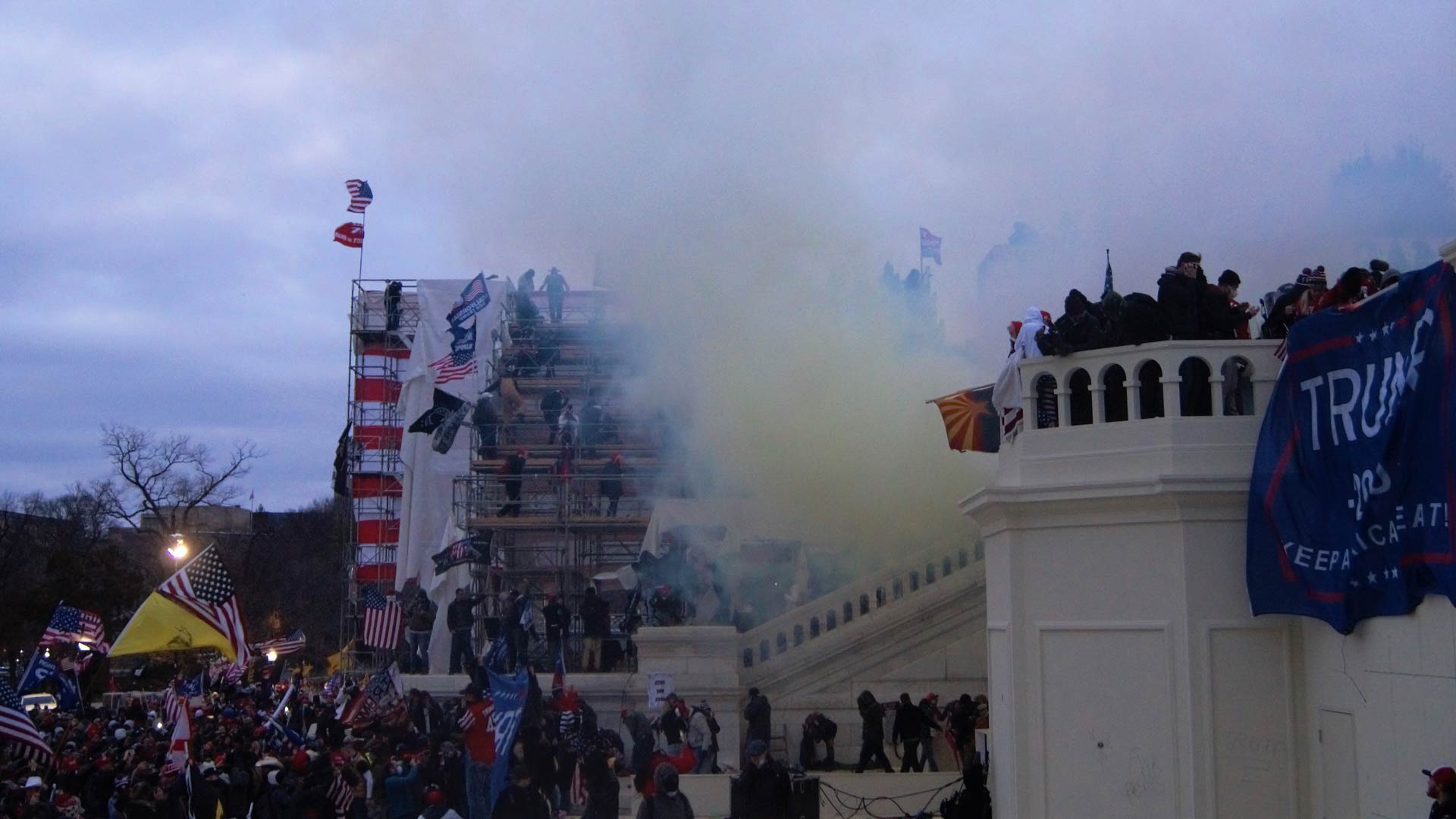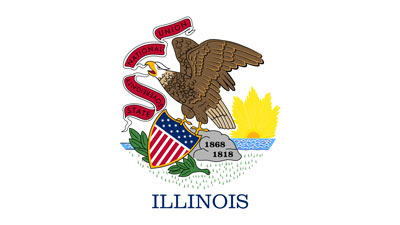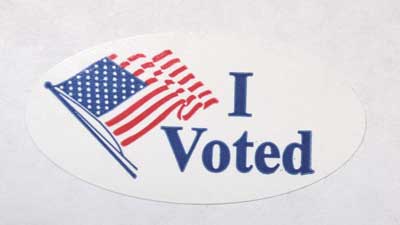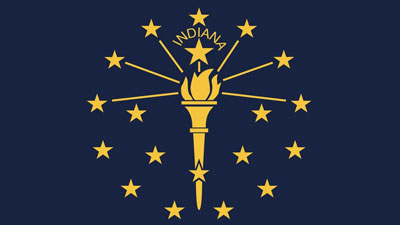
In an open letter, dozens of scholars from prestigious universities warned that American democracy is at risk.
“We, the undersigned, are scholars of democracy who have watched the recent deterioration of U.S. elections and liberal democracy with growing alarm. Specifically, we have watched with deep concern as Republican-led state legislatures across the country have in recent months proposed or implemented what we consider radical changes to core electoral procedures in response to unproven and intentionally destructive allegations of a stolen election. Collectively, these initiatives are transforming several states into political systems that no longer meet the minimum conditions for free and fair elections. Hence, our entire democracy is now at risk,” the scholars write.
The scholars – who span the ideological spectrum and represent universities like Brown, Stanford, and Notre Dame with notable names like Norm Ornstein and Larry Sabato – add that:
Statutory changes in large key electoral battleground states are dangerously politicizing the process of electoral administration, with Republican-controlled legislatures giving themselves the power to override electoral outcomes on unproven allegations should Democrats win more votes. They are seeking to restrict access to the ballot, the most basic principle underlying the right of all adult American citizens to participate in our democracy. They are also putting in place criminal sentences and fines meant to intimidate and scare away poll workers and nonpartisan administrators. State legislatures have advanced initiatives that curtail voting methods now preferred by Democratic-leaning constituencies, such as early voting and mail voting. Republican lawmakers have openly talked about ensuring the “purity” and “quality” of the vote, echoing arguments widely used across the Jim Crow South as reasons for restricting the Black vote.
State legislators supporting these changes have cited the urgency of “electoral integrity” and the need to ensure that elections are secure and free of fraud. But by multiple expert judgments, the 2020 election was extremely secure and free of fraud. The reason that Republican voters have concerns is because many Republican officials, led by former President Donald Trump, have manufactured false claims of fraud, claims that have been repeatedly rejected by courts of law, and which Trump’s own lawyers have acknowledged were mere speculation when they testified about them before judges.
In future elections, these laws politicizing the administration and certification of elections could enable some state legislatures or partisan election officials to do what they failed to do in 2020: reverse the outcome of a free and fair election. Further, these laws could entrench extended minority rule, violating the basic and longstanding democratic principle that parties that get the most votes should win elections.
The consequence of these voter suppression laws is that America may soon cease to be a democracy. In fact, the scholars argue that some states “no longer meet the minimum conditions for free and fair elections.”
Florida, Georgia, Arizona, Iowa, and Montana have already passed voter suppression laws that put their status as democracies into doubt. Texas is among the numerous states that is still considering laws to restrict voting.
What can be done?
The scholars argue that the federal government must step in to ensure equal access to the ballot box in order to maintain free and fair elections since state legislatures are moving to undermine democracy within their borders.
The federal government has a history of intervention in order to ensure that voting rights are upheld in jurisdictions where voter suppression is common – particularly in the South. These laws date back at least to Reconstruction and more recently with the Voting Rights Act of 1965.
The scholars write that Congress should pass the John Lewis Voting Rights Act, although they argue that that “alone is not enough.” They endorse suspending the filibuster in order to pass a new voting rights law and a “comprehensive set of national standards” to maintain election integrity.
They conclude the letter with a warning: “Our democracy is fundamentally at stake. History will judge what we do at this moment.”
This article originally appeared on Democracy Watch.










